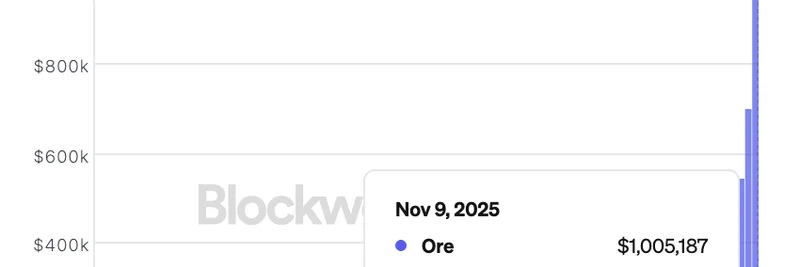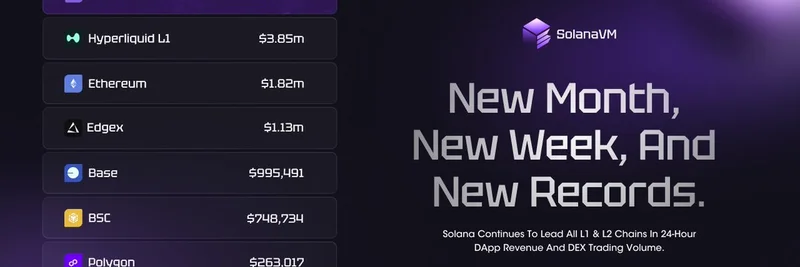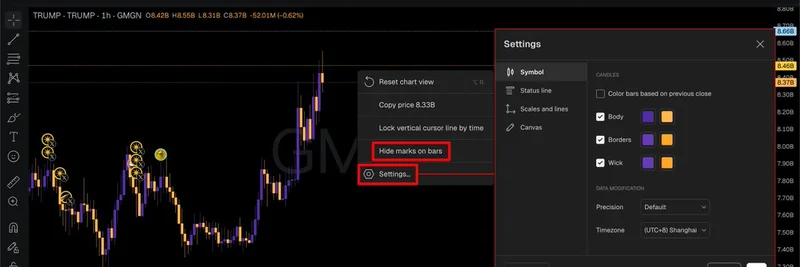The crypto world is buzzing after BSCNews dropped a bombshell tweet: the Bank of England is eyeing caps on stablecoin holdings. For everyday users, that means a limit of £20,000, while businesses could be restricted to £10 million. If you're into meme tokens or just dipping your toes into blockchain, this could shake things up—let's break it down.
Stablecoins are like the steady anchors in the volatile sea of cryptocurrencies. They're digital assets pegged to stable fiat currencies, such as the US dollar, making them ideal for trading, remittances, or even just parking your funds without wild price swings. Popular ones include USDT (Tether) and USDC (Circle's USD Coin). But with growing adoption, regulators are stepping in to manage risks like money laundering or financial instability.
According to reports from Finance Magnates, the Bank of England (BoE) is proposing these temporary limits as part of a broader framework for "systemic payment stablecoins." This comes amid the UK's push to become a crypto hub, but with safeguards in place. The consultation on these rules is open until February 2026, so there's still time for feedback from the community.
Why the caps? The BoE wants to prevent any single stablecoin issuer from becoming "too big to fail," potentially disrupting the financial system. For individuals, £20,000 is about $26,000—enough for most retail traders but a potential hurdle for high-net-worth folks or those using stablecoins for larger transactions. Businesses get a higher threshold at £10 million, which might suit smaller firms but could crimp operations for bigger players in crypto finance.
Now, how does this tie into meme tokens? Meme coins like Dogecoin or newer ones on chains like Solana often rely on stablecoins for liquidity and trading pairs. If UK users face holding limits, it might slow down inflows into meme ecosystems, especially if they're swapping fiat for stablecoins to buy in. On the flip side, this could push innovation toward decentralized alternatives or encourage users to spread holdings across multiple stablecoins.
Reactions in the replies to the tweet are mixed. One user pointed out that stablecoin demand will "soar regardless," highlighting bullish sentiment on adoption. Another questioned the need for banks altogether, echoing the crypto ethos of decentralization. It's clear this news is sparking debates on regulation versus freedom in the space.
For blockchain practitioners, this is a reminder to stay informed on global regs. If you're in the UK or dealing with GBP-linked stablecoins, keep an eye on the BoE's official proposals. It might influence how you structure your portfolios or even inspire new meme narratives around "capped coins."
As the crypto landscape evolves, moves like this from the BoE could set precedents worldwide. Whether you're trading memes or building on-chain, understanding these shifts is key to staying ahead. What do you think—will this hinder growth or foster safer adoption? Drop your thoughts in the comments below.




